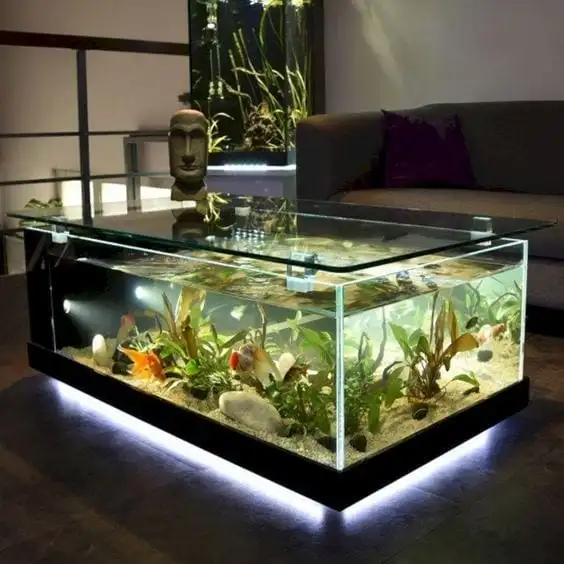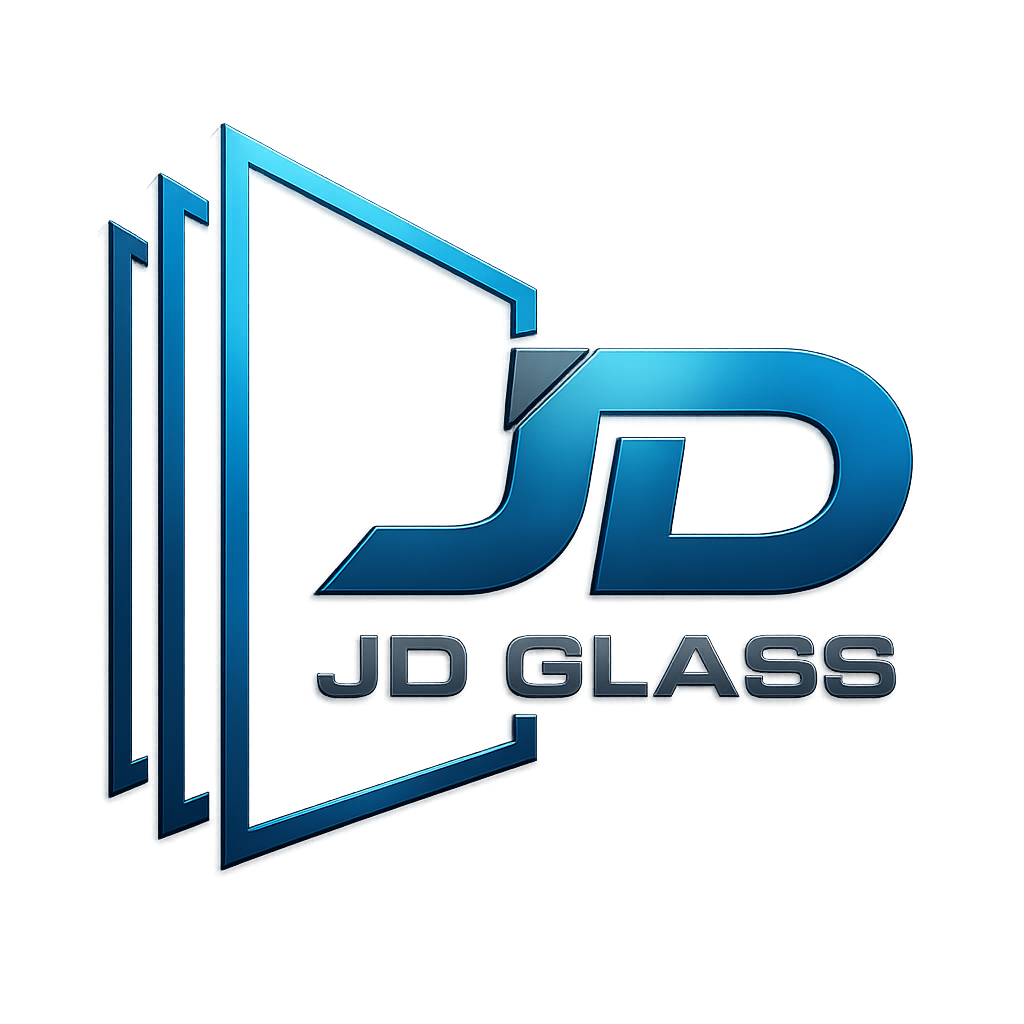Our Products
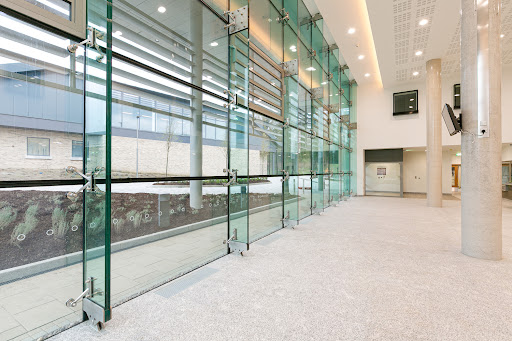
Toughened Glass
Commonly Known as Tempered Glass
Toughened glass or tempered glass is a type of safety glass processed through controlled thermal or chemical treatment to make it stronger than regular glass. The treatment is done by heating the glass to about 650°C and then quickly cooling it, which loads the exterior surfaces into compression and the inside into tension. The stresses so induced greatly improve the strength of the glass and change its breakage pattern. The unique properties of toughened glass make it a preferred choice in various applications where safety, strength, and thermal resistance are important.
Frosted Glass
Commonly Known as Privacy Glass
Frosted glass is treated glass that is made transparent so that it scatters light and blurs vision and is yet permeable by light. This kind of effect is commonly produced by techniques such as sandblasting, acid etching, or application of special coatings. Because of these properties of Frosted Glass it is a Popular choice in Home and Commercial establishments with a combination of functionality and beauty. Frosted glass is utilized in Bathrooms, Bedrooms , Office Spaces, Windows , etc. to provide privacy, diffuse light, and enhance aesthetic appeal.
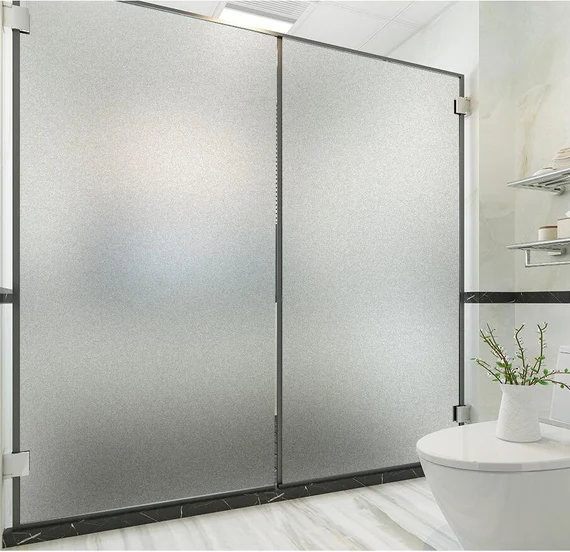

Clear Glass
Clear Glass or Transparent Glass
Clear glass, or Transparent glass, is the most widely used glass in many applications. It is produced from a combination of silica sand, soda ash, limestone, and other raw materials. Although clear glass is transparent and transmits light, it can have slight flaws and coloration since it contains inherent impurities in its make-up, especially iron oxide. Clear glass is transparent and allows natural light in, offering undisturbed views. Since it contains iron content, normal clear glass tends to have greenish tint, particularly around the edges. It is extensively used in Residential and Commercial Windows , Doors and Partitions , Furniture, etc.
Glass Etching
Glass Etching Or Designer Glass
Glass etching is mainly used for decorative purposes on windows, mirrors, drinking glasses, and awards. It can also be used for privacy screens or branding purposes. It is a technique that produces a frosted or ornamental pattern on the surface of glass by eliminating a thin layer of material. This makes the glass semi-transparent or textured in appearance.
Common Glass Etching Methods:
1. Acid Etching
2. Sandblasting
3. Laser Etching
4. Hand Engraving


Flute Glass
Commonly Known as Ribbed Glass
Flute glass panel generally means a glass panel with fluted or ribbed patterns. This type of design is parallel grooves along the vertical (or occasionally horizontal) direction across the glass surface.
Fluted glass adds a modern, retro, or sophisticated touch depending on its use Its is being used widely in interior designing, architecture, and furniture.
Tinted Glass
It is a typical clear float glass into which colorants are introduced in its melt for coloring and solar-radiation absorbing qualities. This limits the penetration of heat within buildings. Coloured glass is a significant architectural feature for external appearance of fades. There are two main ways to produce tinted glass by Adding metal oxides or Applying a film or coating. It helps in controlling Heat , also blocks UV Rays and provides Privacy. It is available in different colors like blue , green , brown , black etc.


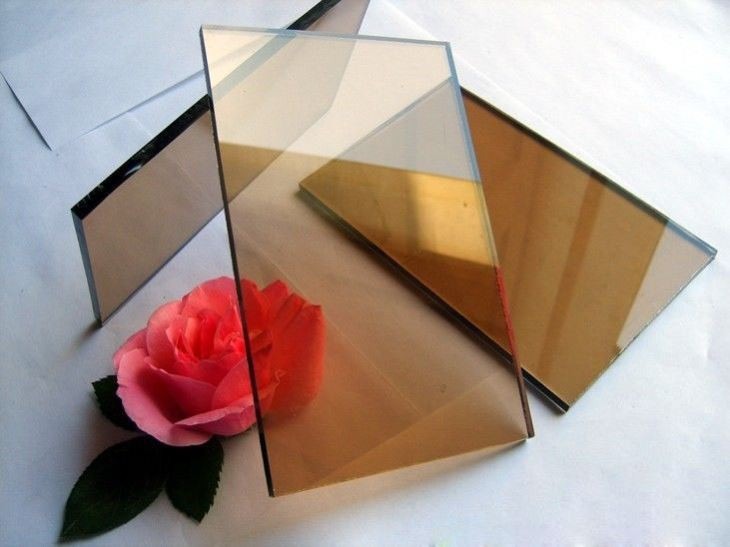
Plane Mirror
Commonly Known as Looking Glass
A plane mirror is created with the help of some highly polished and reflecting surface like a silver or aluminium surface by a process named silvering. It is a flat reflective surface mirror. A plane mirror creates images of things behind the mirror; these are seen to be behind the plane on which the mirror is positioned. The image created by a plane mirror is virtual image, it is not real image. It has several no. of uses like , it is used in periscopes , automobiles , shaving mirror , dentist mirrors, etc.

There are 2 Varieties Of Looking Glass
Simple Looking Glass
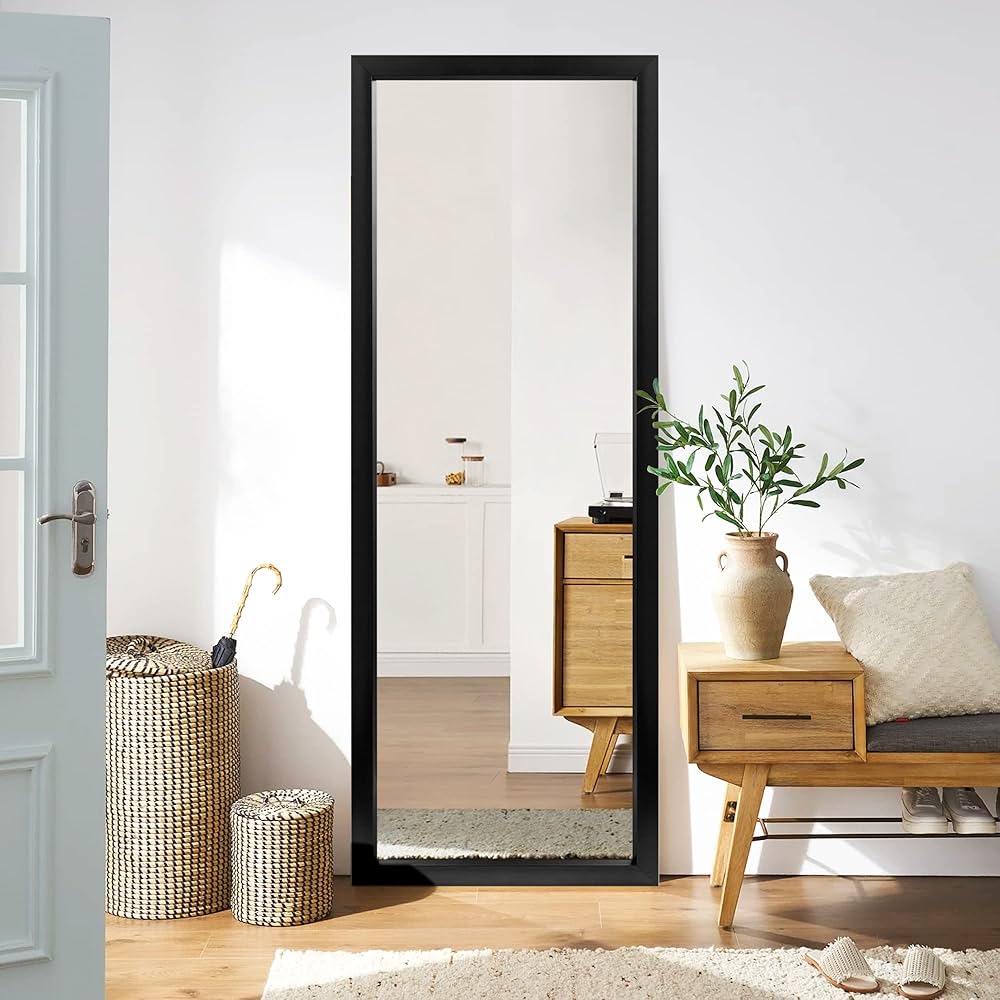
Designer Lightning Looking Glass
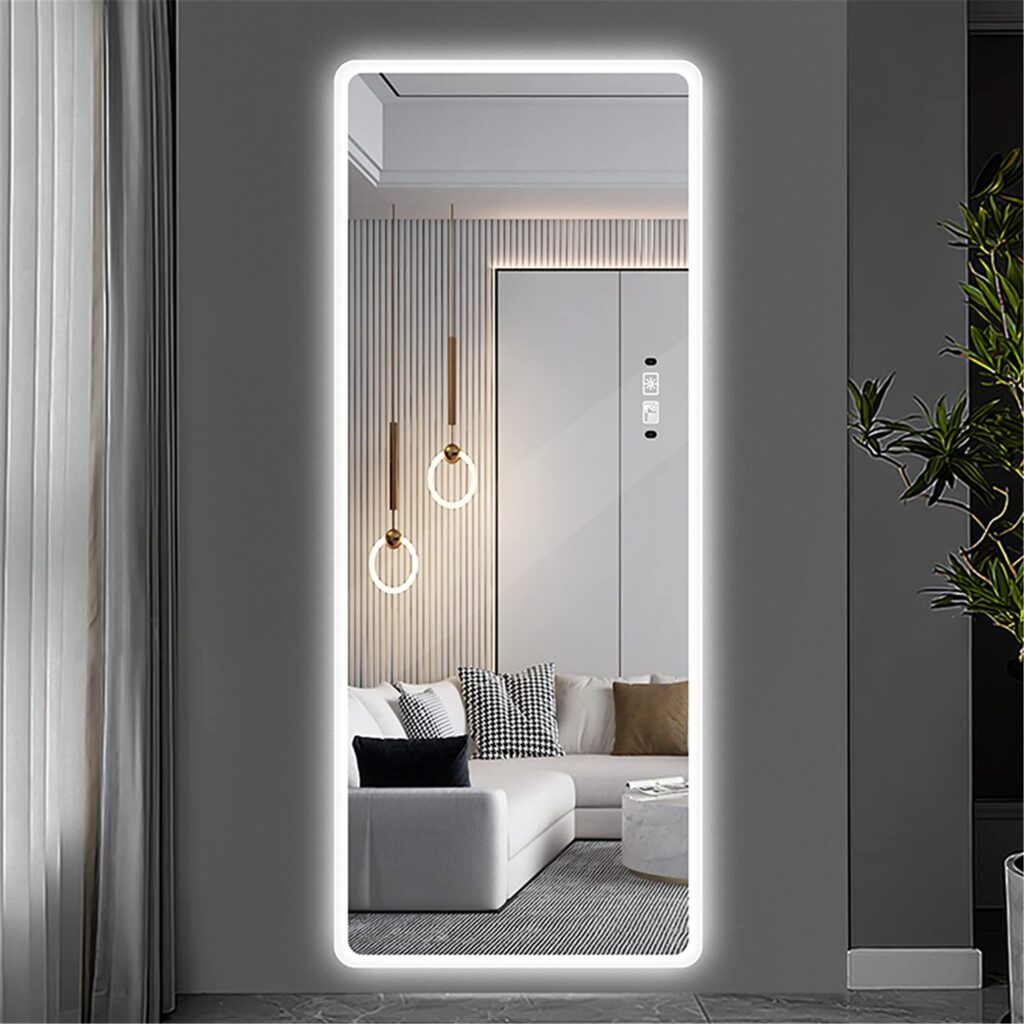
Aquarium
An aquarium is a watertight clear tank made with Glass , containing water. It is used to keep and view aquatic plants and animals. It varies from small fish tanks in houses to big public aquariums within zoos and marine parks.
